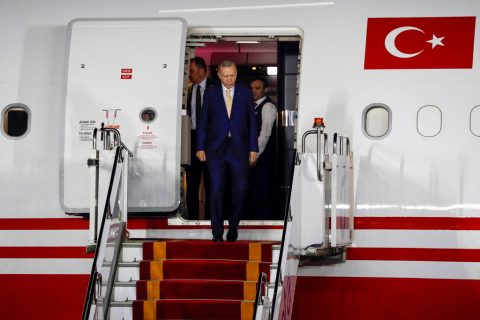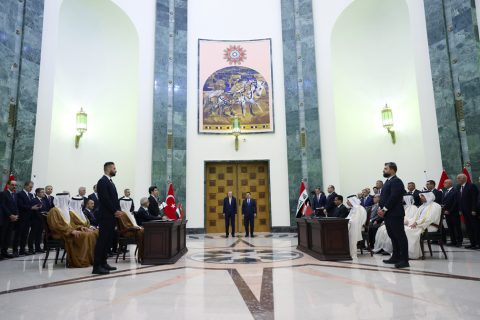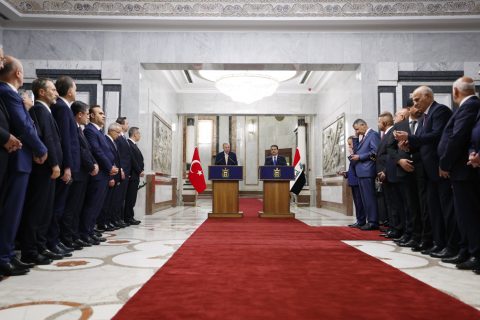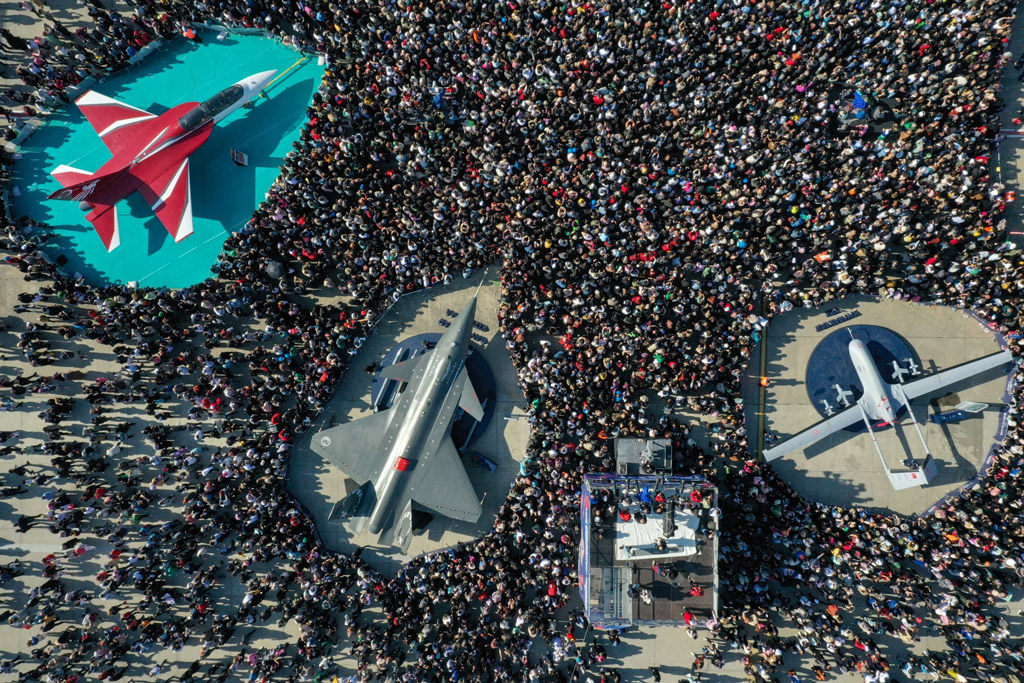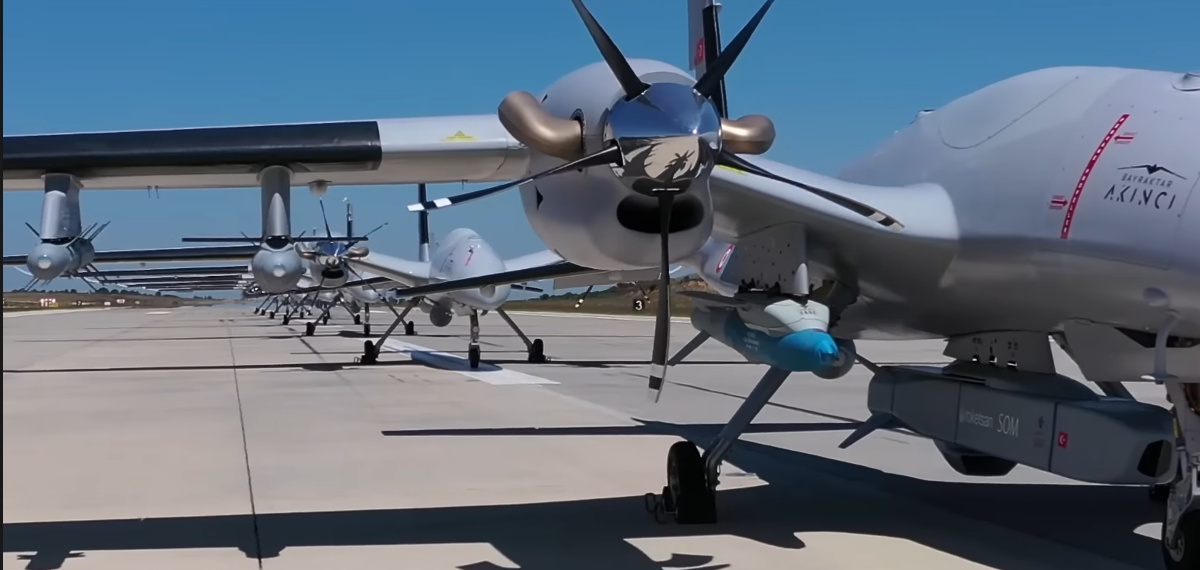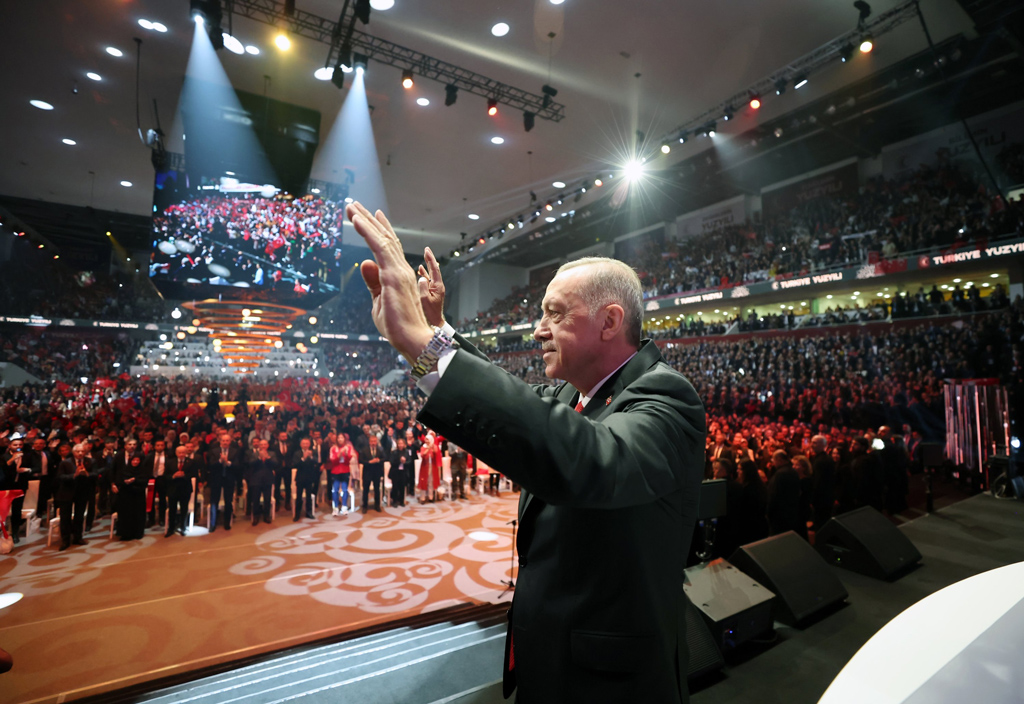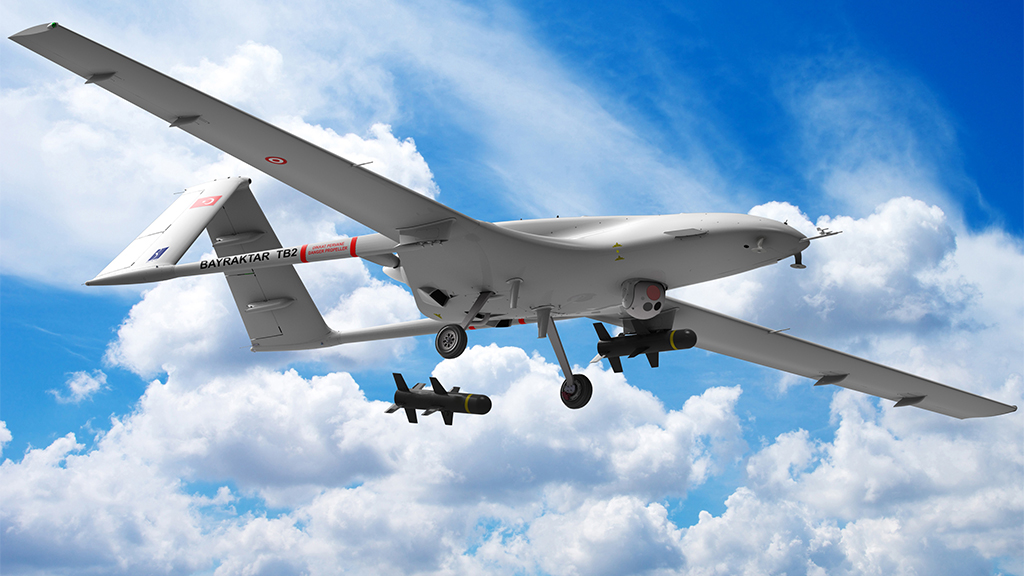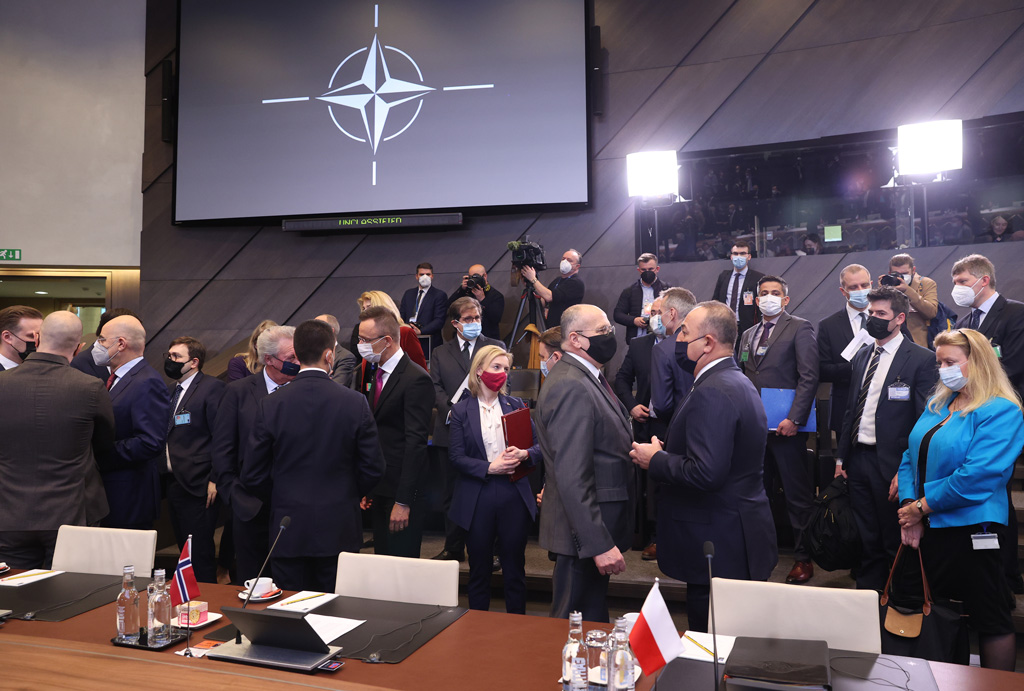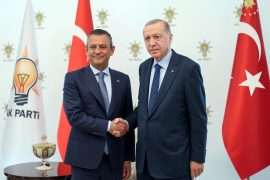Baykar Bayraktar TB2
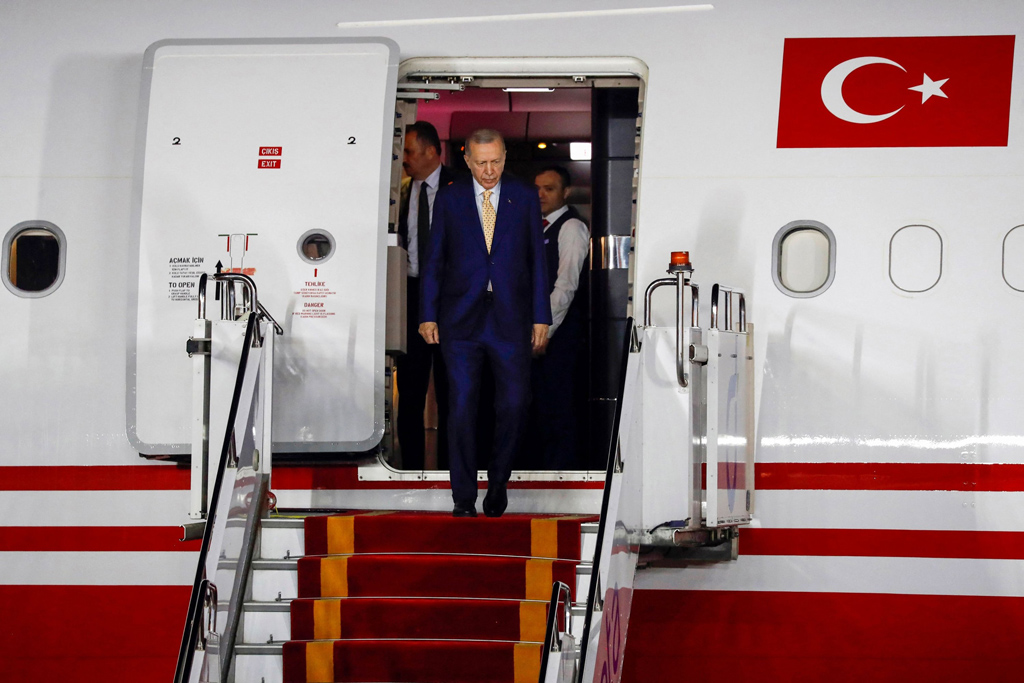
Erdoğan’s landmark visit to Iraq
| OpinionPresident Recep Tayyip Erdoğan’s recent visit to Iraq could mark the beginning of a new …
-
Opinion
Erdoğan’s landmark visit to Iraq
By Murat YeşiltaşPresident Recep Tayyip Erdoğan’s recent visit to Iraq could mark the beginning of a new chapter in the longstanding relationship between Türkiye and Iraq. During his visit to Baghdad, Türkiye and Iraq signed a strategic framework agreement that addresses a variety of issues, ranging from security to economic cooperation. This agreement represents the culmination of nearly a year of productive high-level discussions between the two countries. Furthermore, President Erdoğan’s first visit to Iraq since 2011 has established new connections between Türkiye, Iraq, the United Arab Emirates (UAE) and Qatar, enhancing the region’s geo-economic landscape.
-
Opinion
A fresh start in Türkiye-Iraq relations
By Burhanettin DuranUnder the strategic framework agreement for joint cooperation, which the two countries inked in Baghdad, their bilateral relations have been elevated to the level of strategic partnership with a “qualitative leap.” The Turkish and Iraqi governments created a road map for future cooperation. Their commitment to solving problems and elevating their cooperation to the highest level rests on the “win-win” principle. Accordingly, the Turkish delegation, which included eight Cabinet ministers, focused on a broad range of issues, including counterterrorism, cross-border waters, security, the defense industry, trade, health care, communication, education, energy and transportation.
-
Opinion
Turning point in Türkiye-Iraq relations
By Muhittin AtamanPresident Recep Tayyip Erdoğan paid an official one-day visit to Iraq on Monday. He was accompanied by a large delegation, including Foreign Minister Hakan Fidan, Interior Minister Ali Yerlikaya, Defense Minister Yaşar Güler, Trade Minister Ömer Bolat, Energy Minister Alpaslan Bayraktar, Minister of Transportation and Infrastructure Abdülkadir Uraloğlu, Minister of Agriculture and Forestry Ibrahim Yumaklı and Minister of Industry and Technology Fatih Kacır. Many high-ranking Turkish officials also accompanied President Erdoğan.
Bu Konuda Daha Fazla
-
Turkish defense industry reshaping Türkiye’s state identity
By Murat YeşiltaşIn his addresses on the occasion of the Aug. 30 Victory Day, President Recep Tayyip Erdoğan frequently underscored the imperative of bolstering Türkiye’s military prowess, emphasizing that this stance is not a mere option but a necessity. He avered: “Our bitter experiences have taught us that a robust Türkiye hinges on a strong military. Enhancing the deterrent capabilities of the Turkish Armed Forces (TSK) is not a choice; it’s a necessity for our nation.” While historically, the discourse “strong army, strong Türkiye” was largely employed within the context of Kemalist military narrative to establish the TSK’s supremacy over Turkish politics and reinforce its superior position over political matters, Erdoğan reinterprets it as a pivotal component of a more expansive political narrative.
-
The War in Ukraine Has Revolutionized Drone Warfare
By Gloria Shkurti Özdemir By Rıfat ÖncelThe Russo-Ukrainian War has demonstrated that the character of warfare is changing radically.
-
‘Century of Türkiye,’ revolution to bring peace to world:...
By Muhittin AtamanThe Century of Türkiye refers to unity politics instead of identity politics; instead of the politics of polarization, the politics of integration; instead of the politics of denial, the politics of embracing; the politics of freedom instead of the politics of domination; the name of substituting the politics of love for the politics of hate, he outlined.
-
Unpacking the Debate on Turkish Drones
By Sibel DüzIn this report in the first section, the emerging unmanned military platforms and smart systems produced by Turkey and their impact on military norms and practices in several conflict areas will be discussed. In the second section, the questions of how these technologies are shaping Turkey’s ties with buyer countries, trends, and competition in the drone market will be answered
-
Quali saranno le conseguenze della mossa di Putin in...
By Can AcunIn termini di conseguenze militari, economiche e politiche, la scommessa ucraina di Putin avrebbe una brutta sconfitta e si trasformerà in un suicidio strategico per Putin e il suo Paese.
